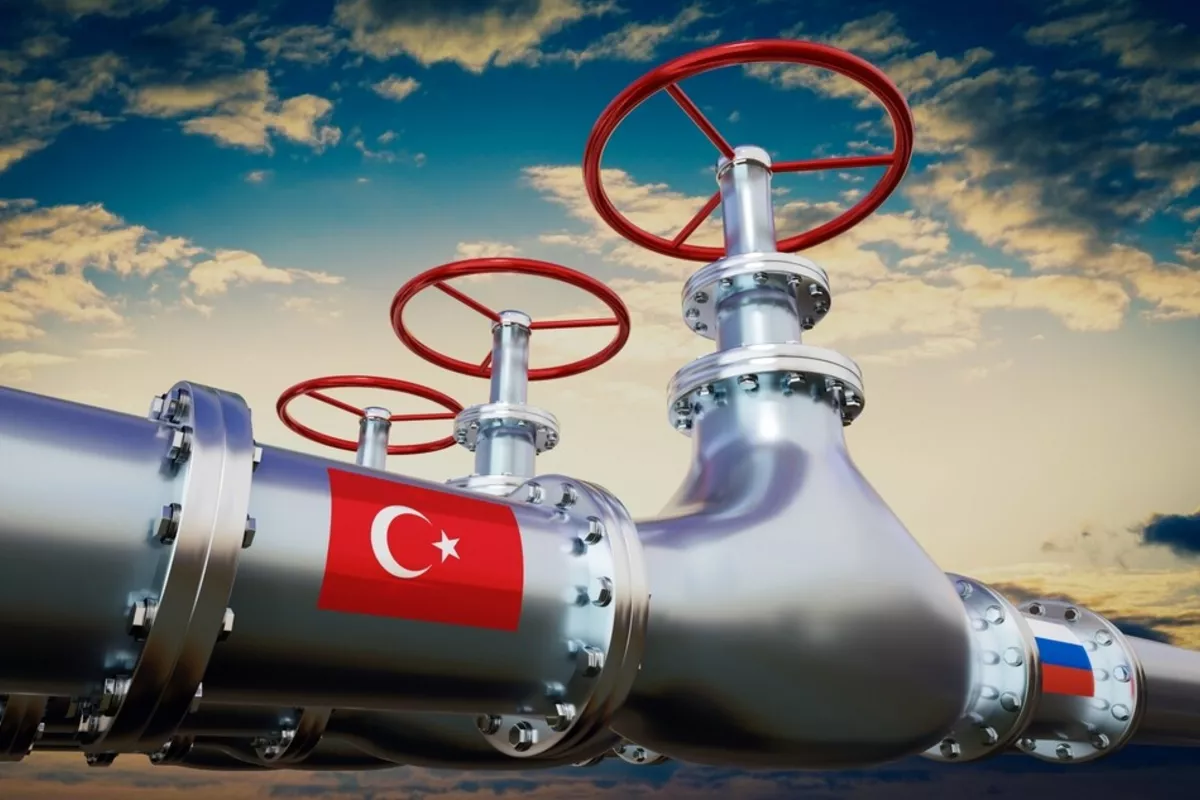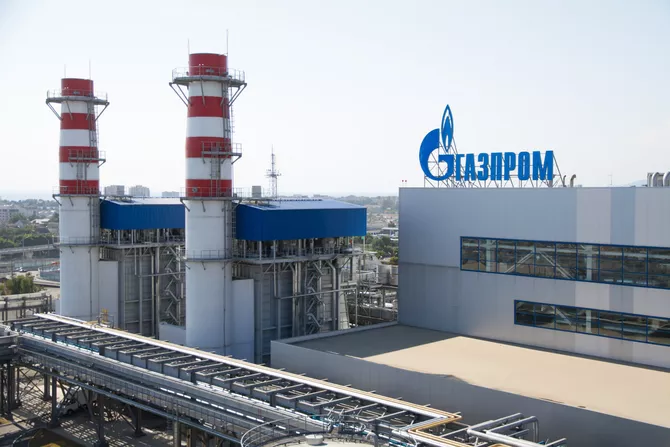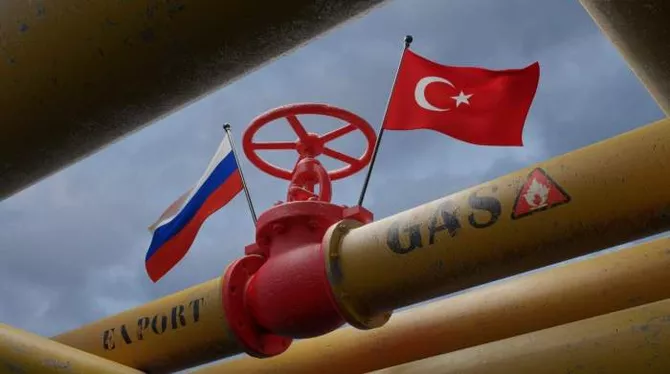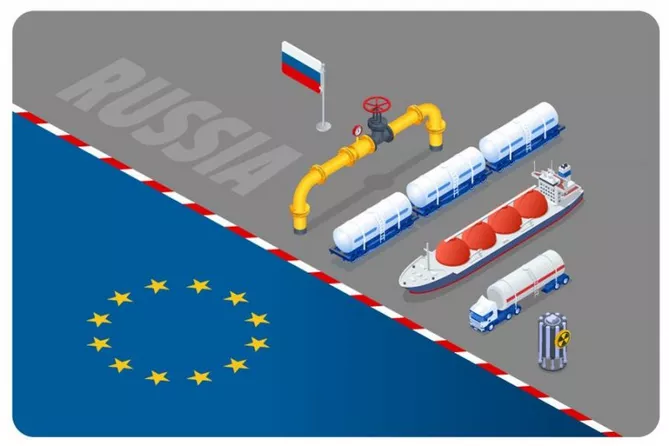
PX Media/Shutterstock
The creation of a Turkish gas hub-once hailed as one of the most strategic geo-energy initiatives in recent years-now appears to be in jeopardy.
According to a June 3 Bloomberg report citing informed sources, Gazprom has suspended work on the project to establish a new gas distribution center in Türkiye. This development may signal not only a reassessment of the project's economic viability but also deeper shifts in the energy strategies of both Russia and Türkiye.
The idea of a Turkish gas hub was publicly proposed by Russian President Vladimir Putin in October 2022. The initiative was swiftly welcomed by Ankara-President Erdoğan expressed support and announced that the necessary technical and legal assessments would begin. The goal was to establish a gas trading and pricing platform on the EU border that could serve as an alternative to existing European gas hubs.
However, Bloomberg reports that the idea did not originate from Gazprom itself, but likely from political circles close to the Kremlin. Nevertheless, the company’s export division became actively involved in developing the concept. Türkiye, for its part, saw the project as an opportunity to achieve its long-standing ambition of becoming a regional energy hub with its own pricing index.

Shutterstock photo
Despite the initial enthusiasm, the project never progressed beyond political declarations. Major obstacles have emerged-chief among them, the limited capacity of gas pipelines linking Türkiye to Greece and Bulgaria, which prevents any significant increase in gas deliveries.
Furthermore, there were fundamental disagreements between Ankara and Moscow regarding the structure and control of gas trading. According to Bloomberg’s sources, Türkiye intended to act as the sole seller of the gas delivered to the hub, relegating Gazprom to the role of supplier. Russia, however, was not willing to grant Türkiye that level of control. At the same time, Türkiye opposed Gazprom selling gas independently or in partnership with other companies, which would have limited Ankara’s influence over the hub.

After months of internal deliberations, Gazprom reportedly concluded that the project was no longer viable and largely suspended work. Notably, Gazprom executives have stopped discussing the Turkish hub both within the company and in meetings with Russian government officials.
There has been no official announcement of the project’s cancellation. In fact, as recently as October 2024, Turkish Energy Minister Alparslan Bayraktar stated during the plenary session of the Russian Energy Week that he expected significant progress on the gas hub within a few months. Later, he announced plans to establish an operating company at the Istanbul Financial Center in partnership with BOTAŞ and Gazprom.
Still, the lack of further public statements or tangible developments in 2025 may point to two possibilities: either the project has quietly been shelved, as Bloomberg suggests, or negotiations have entered a final and highly sensitive phase requiring media silence.
Both Russia and Türkiye retain a strategic interest in the project. Türkiye continues to develop its infrastructure: expanding underground gas storage facilities, modernizing ports, enhancing its pipeline network, and increasing domestic gas production from Black Sea offshore fields. In addition, it has signed agreements with major suppliers including Qatar, Algeria, and Azerbaijan. Minister Bayraktar even introduced a new brand-Turkish Blend-to promote Türkiye as a hub for mixed-source gas, similar to branded oil blends.
Russia, for its part, remains eager to “depersonalize” its gas via a third-country intermediary. A Turkish gas hub would enable Russia to bypass EU sanctions and continue supplying European markets, despite the European Commission’s REPowerEU plan, which calls for a complete phase-out of Russian gas imports by the end of 2027.

However, the biggest obstacle remains the lack of receiving infrastructure in the EU. The European Commission strongly opposes building new pipelines, as the bloc aims to completely abandon fossil fuels by 2050. Without expanded access to European markets, even the most ambitious hub in Türkiye would be functionally limited.
Gazprom’s suspension of work on the Turkish gas hub suggests a reassessment of both political and economic risks. Against the backdrop of shifting energy dynamics in Europe, a global gas supply glut, and tightening sanctions, the project appears less viable. Still, there has been no definitive announcement of its termination. It is possible that Moscow and Ankara are simply waiting for a more favorable geopolitical moment.
Share on social media